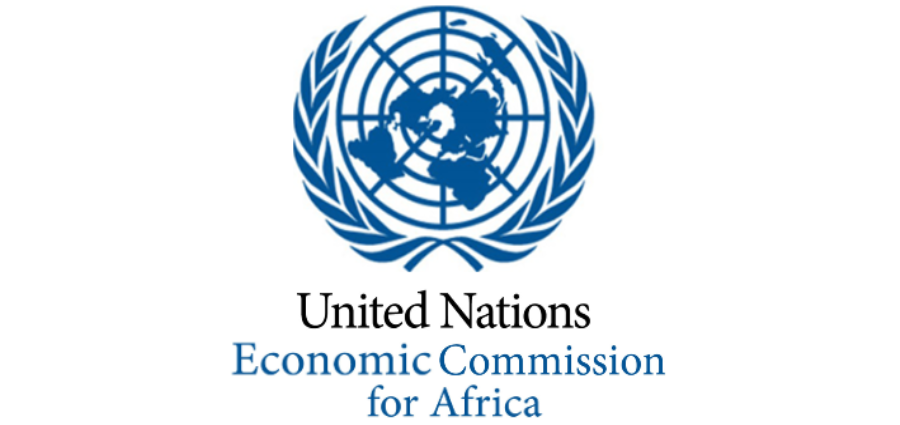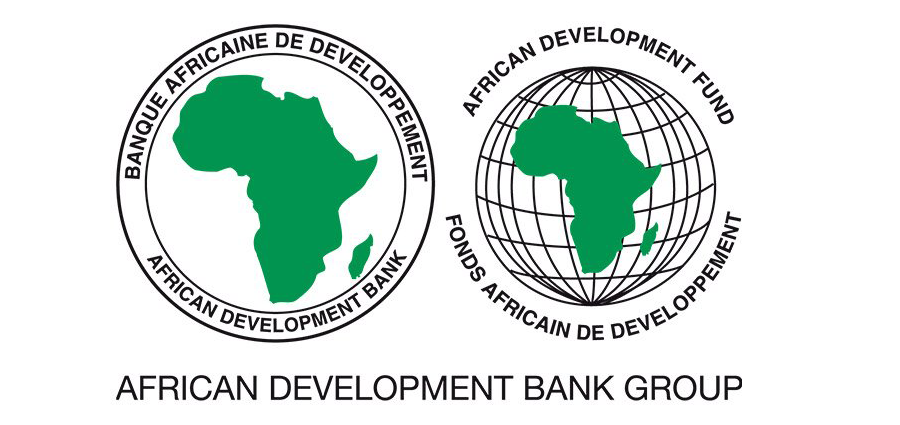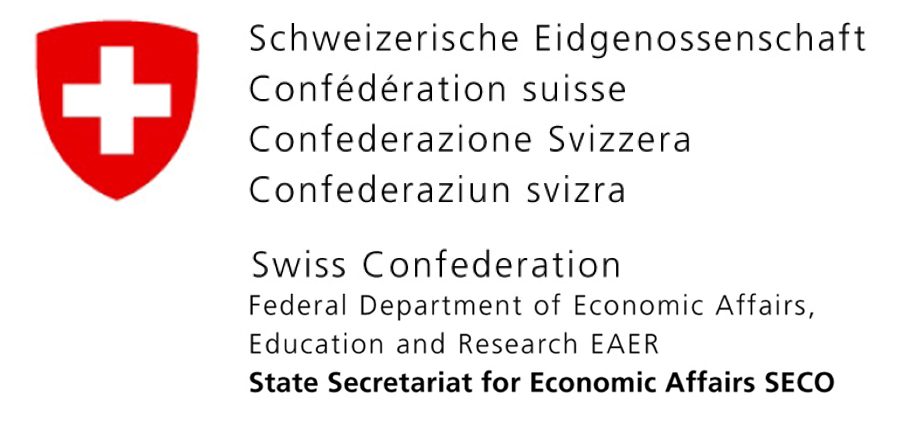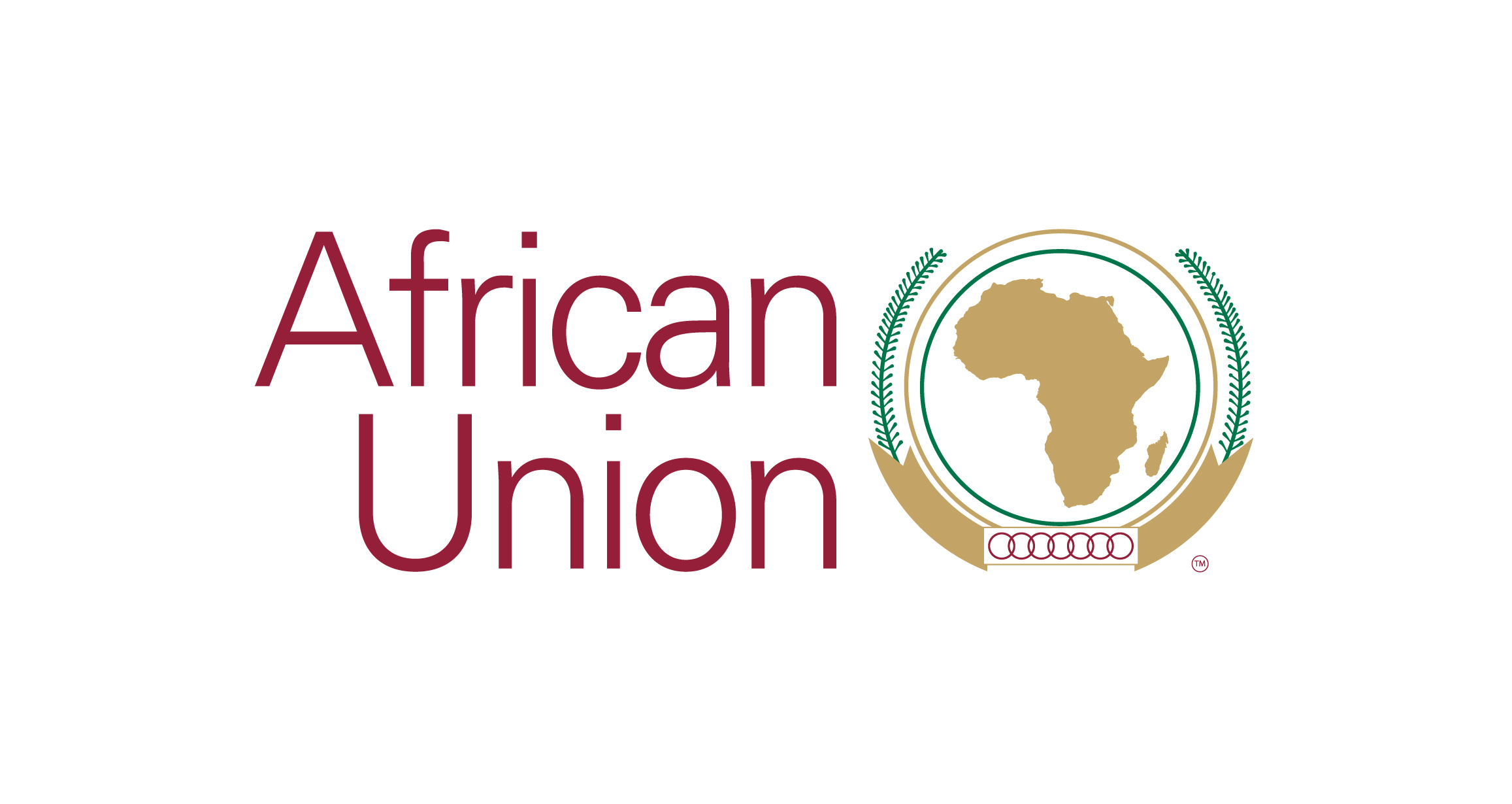HIV/AIDS Assessment in Sub-Saharan Africa Transport Projects
Jocelyne do Sacramento, Ekong Emah
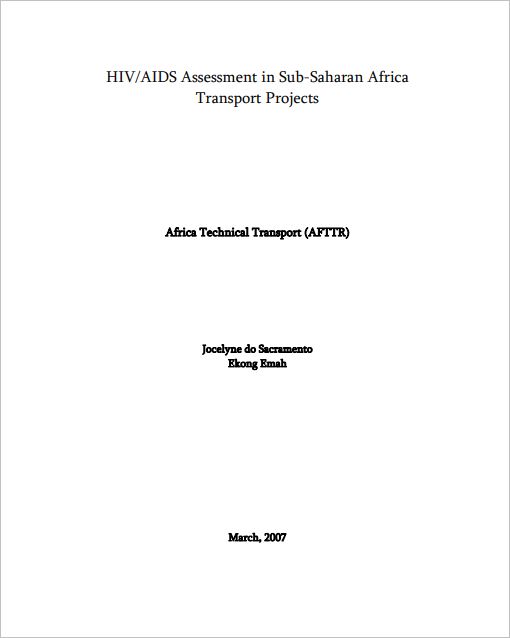
The HIV/AIDS pandemic burdens Sub-Saharan Africa (SSA) and continues to constrain its social and economic advancement. UNAIDS estimated that in Southern Africa alone 930,000 adults and children died of AIDS, in 2005. This represents about one-third of AIDS deaths recorded globally that year. In addition, about 12 million children below the age of 17 in SSA are estimated to have lost one or both parents to AIDS. Transport workers, migrant workers, and local populations in border communities and migrant populations in general are especially vulnerable to HIV/AIDS.
The Transport Sector in the World Bank is implementing a multisectoral approach to combating AIDS. In particular, through its projects the Africa Region Transport (AFTTR) unit is piloting key initiatives aimed at complementing national HIV/AIDS prevention and control programs, which are usually managed outside the transport sector. One of the main objectives is to ensure that the sustainability of AFTTR roads projects is protected.
AFTTR, started incorporating HIV/AIDS activities into its projects from 2000, and initiated this assessment to review the process, results, and challenges of mainstreaming HIV/AIDS prevention activities in the sector. This is not an impact study, but rather an attempt to determine the extent to which the mainstreaming effort reached targeted populations, the lessons learned, and the outlook for the future, using a more flexible methodology.

